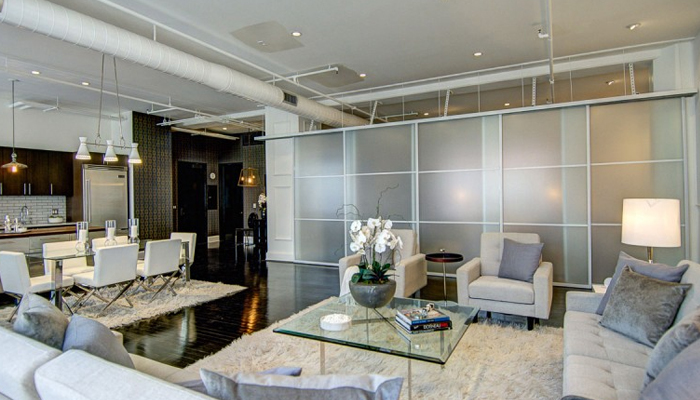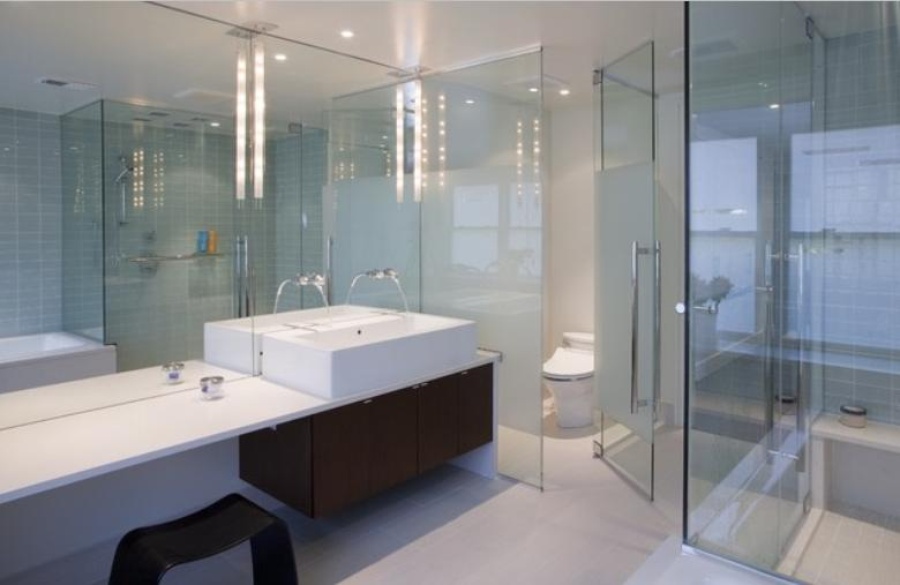In technical terms, frosted glass is a transparent sheet of glass that is turned opaque through sandblasting or acid etching. Because of light scattering during transmission, the glass comes out as translucent, obscuring visibility even as it transmits light. You can also achieve this frosting effect by applying a film of vinyl that acts as a stencil on the surface of the glass or through canned frosted glass sprays.
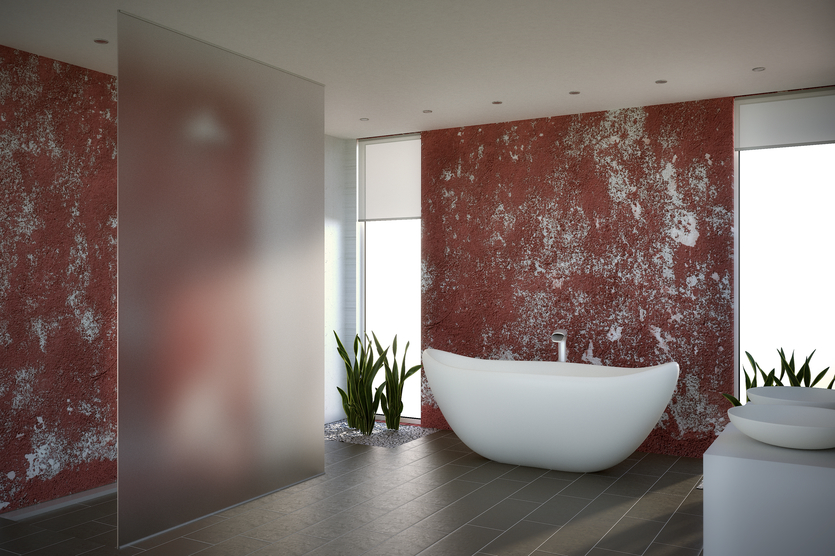
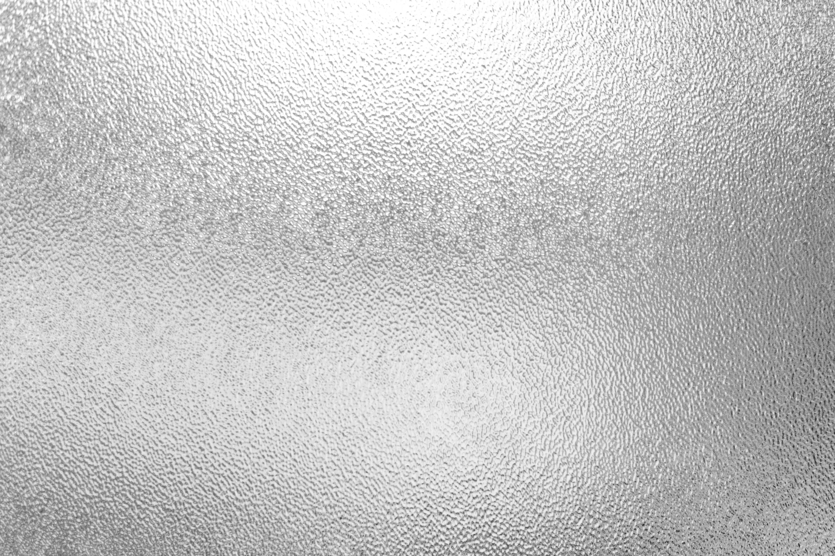
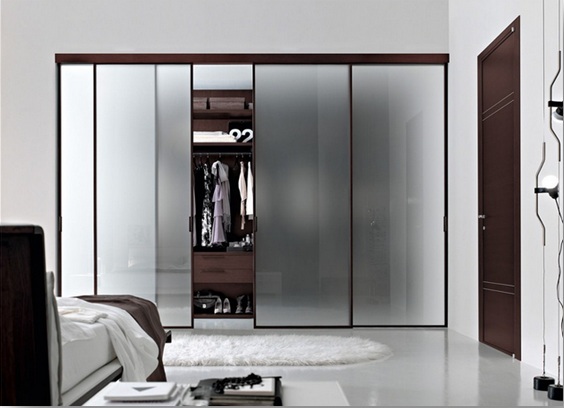
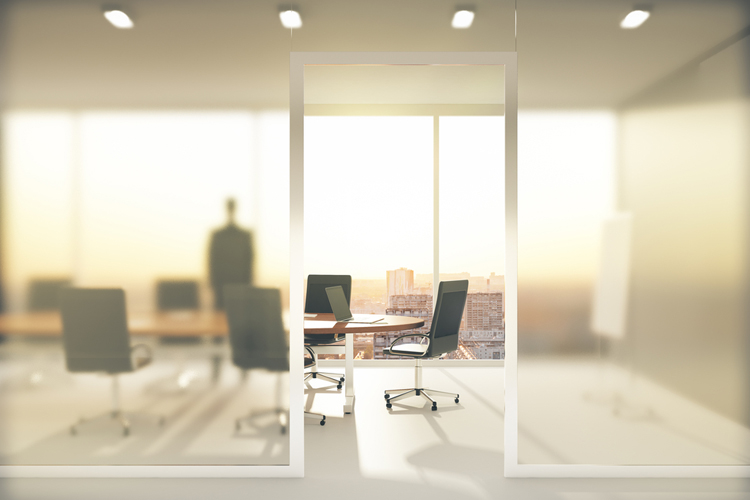
There are two kinds of techniques used to make frosted glass to achieve its milky translucent appearance.
ACID ETCHING - This technique uses hydrofluoric acid to achieve the frosted look of the glass. The acid reacts with the glass, corroding its surface and therefore providing it with its milky appearance. After the process of acid-etching, the glass experts thoroughly wash the glass, leaving behind permanently etched glass.
SANDBLASTING - Sandblasting is another technique used to produce frosted glass. This technique uses a high-velocity machine to blast sand on the surface of the glass. The high velocity with which the sand hits the glass creates abrasions, rendering the surface rough and translucent. You can alter the level of translucency by changing the machine speed.
1. BEDROOMS - Given the benefits of privacy and light control that frosted glass provides, it makes for the best companion for your bedroom’s windows. To give your room a stylish look, choose frosted glass windows with decorative designs.
1. BEDROOMS - Given the benefits of privacy and light control that frosted glass provides, it makes for the best companion for your bedroom’s windows. To give your room a stylish look, choose frosted glass windows with decorative designs.
2. ATTICS - Many of us use attics for spending some time in solitude with our thoughts. Equally valid is that attics often have towering windows that invite maximum sunlight. Anybody with a pulse will agree that privacy and direct sunlight are like oil and water; a dim-lit setting would be more appropriate. Instead of covering the windows with blinds, using frosted glass will better keep excess sunlight at bay.
3. HOME LIBRARIES - Privacy in libraries is of utmost importance. With privacy comes silence, the secret ingredient behind every book well-read. Using frosted glass panels will maintain your home library’s privacy while still casting soft light that is pleasant and not intruding.
4. OFFICES - In a workspace, workers need to focus and require a balance between collaboration and privacy. With frosted glass partitions, office spaces can give each individual the right environment for productivity. Frosted glass partitions can be placed between different areas such that employees don’t feel claustrophobic, or you can use them to create meeting rooms and cabins that look inviting but offer privacy. Perhaps the most significant benefit of using frosted glass in workplaces is that it lets in just enough natural light, contributing to the increased productivity of employees who feel refreshed throughout the day.
5. KITCHEN GARDENS - Many enjoy planting their kitchen herb garden. But, herbs do not necessarily need direct sunlight and thrive best on balance. Creating an enclosed kitchen with colourful frosted glass panels is an effective way to detract sunlight and ensure the longevity of your plants.
6. BATHROOMS - Using frosted glass for bathroom windows will provide enough natural light while obstructing the view from the outside. The use, however, is not limited to windows and can be extended to sliding bathroom doors or shower screens. Another added benefit of using frosted glass in bathrooms is its non-corrosive nature that renders the surface mould-free. Moreover, using frosted glass panels with decorative designs will give your bathroom a modern look.
